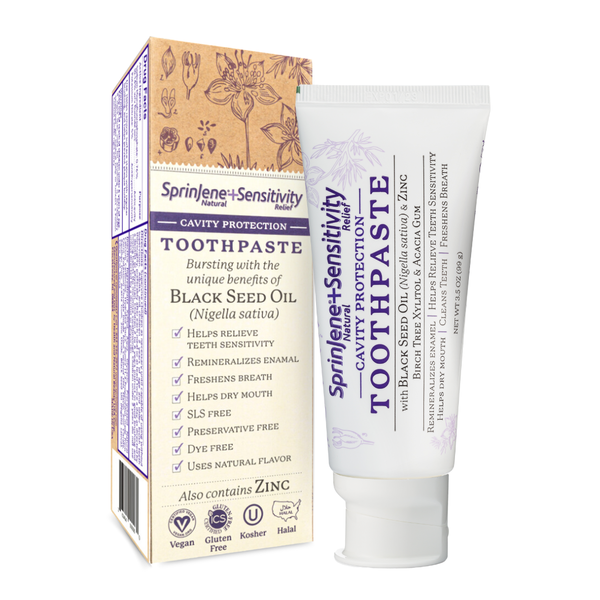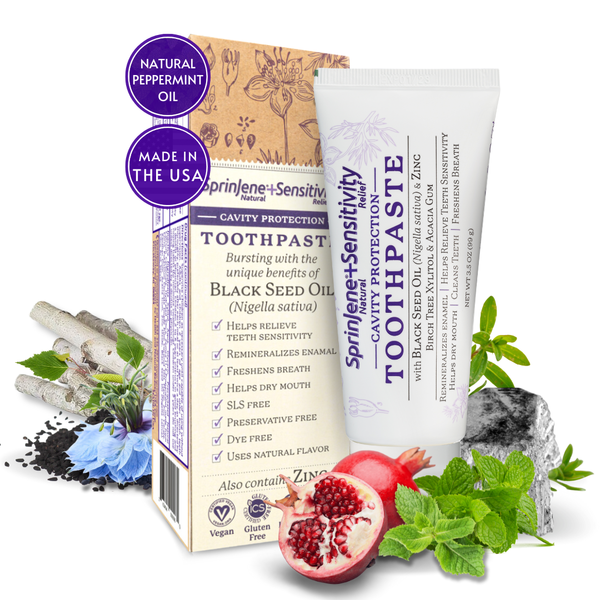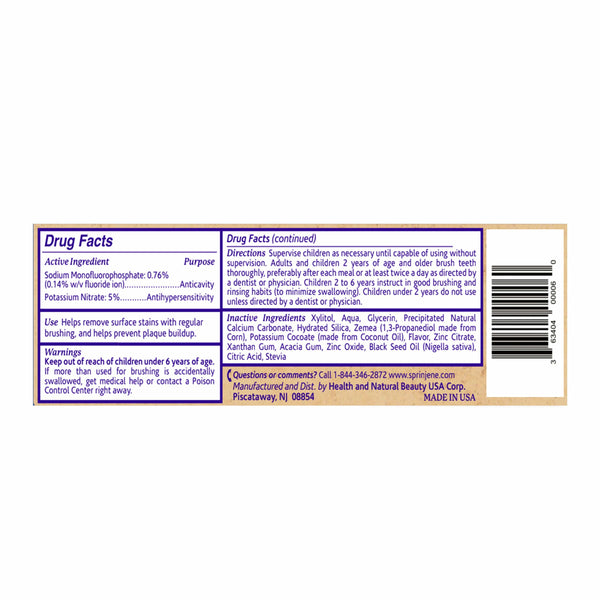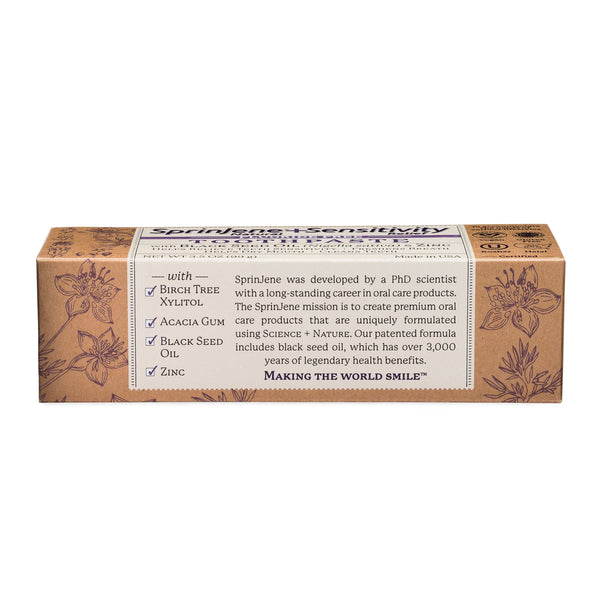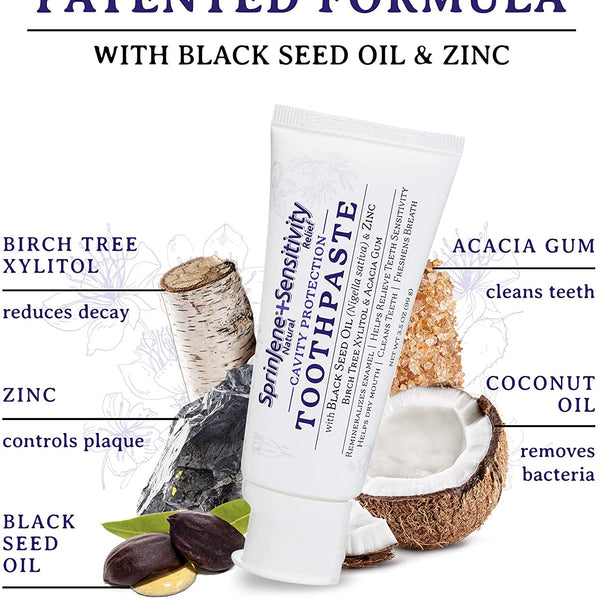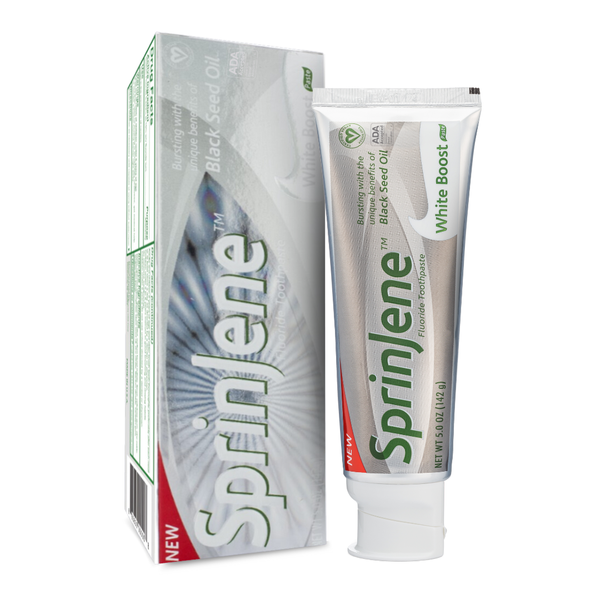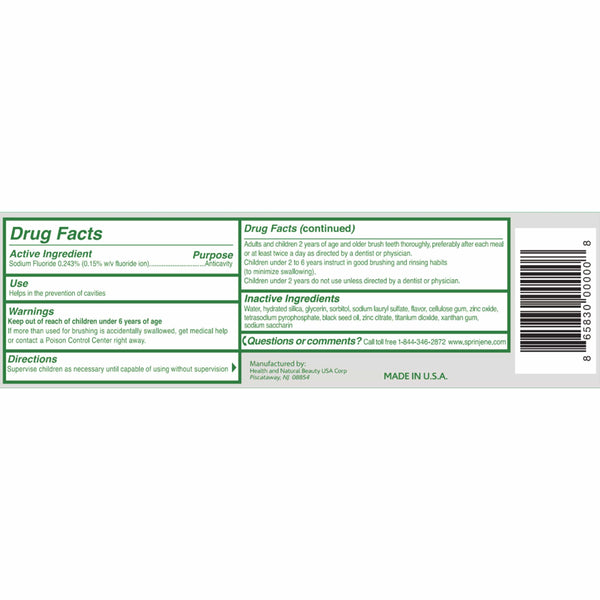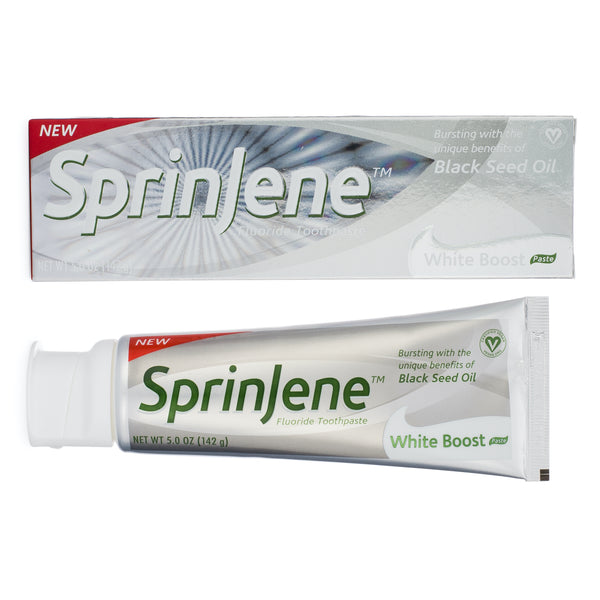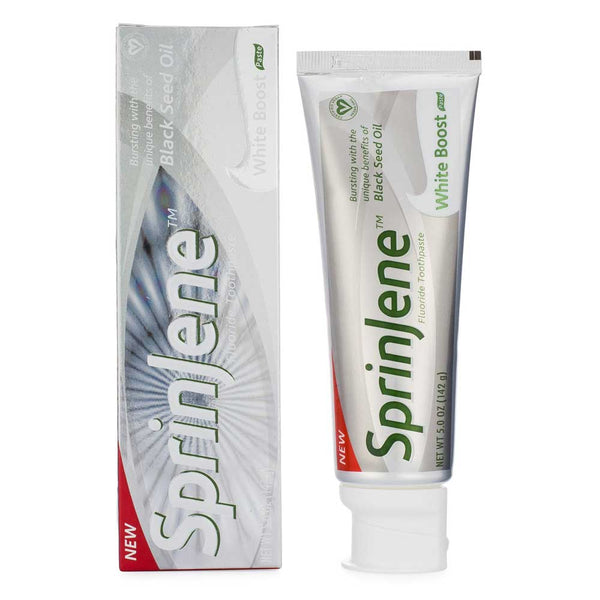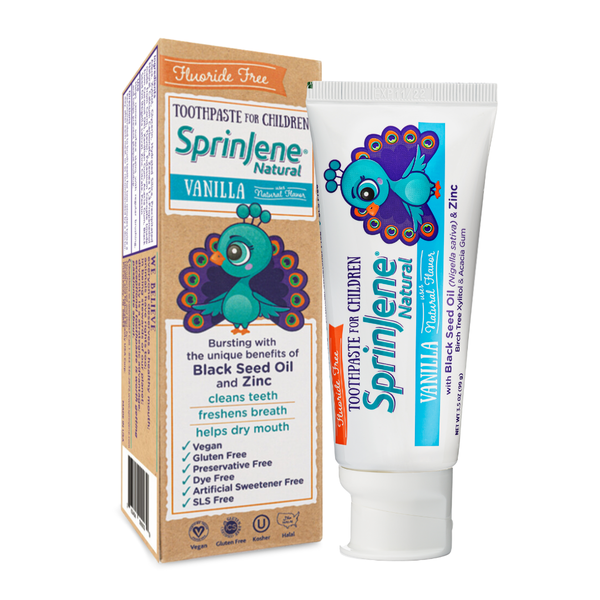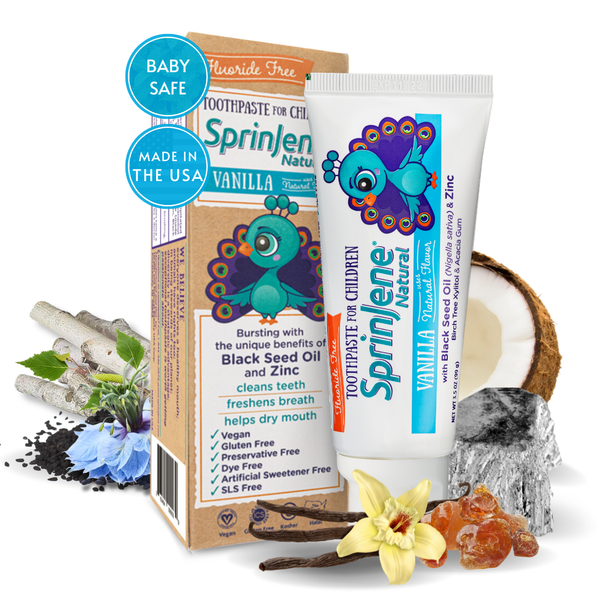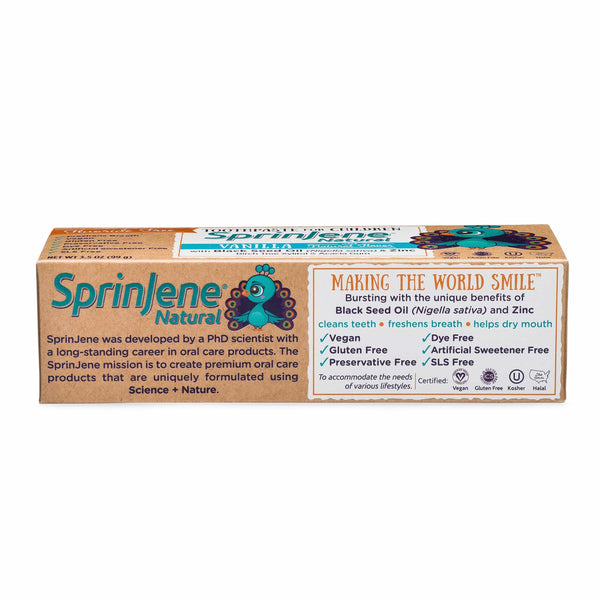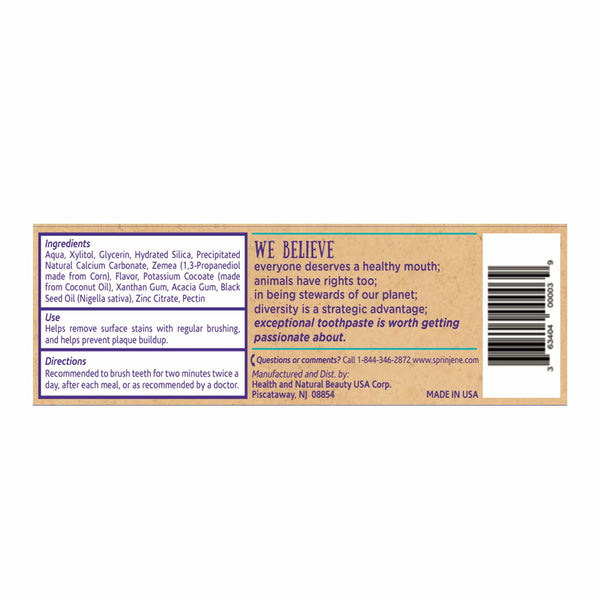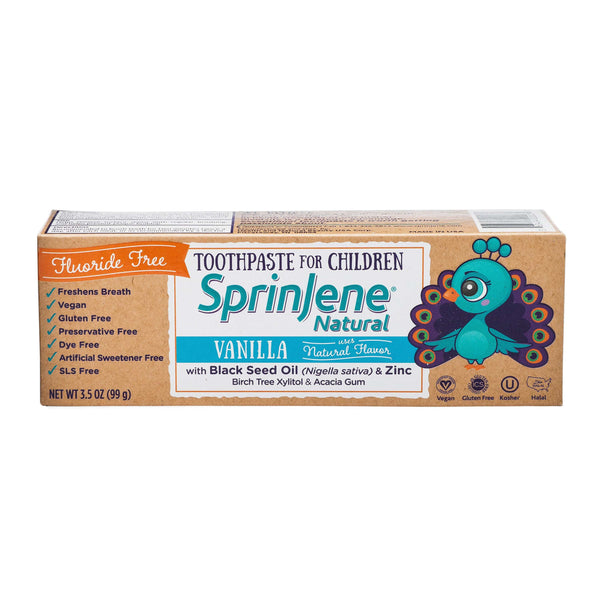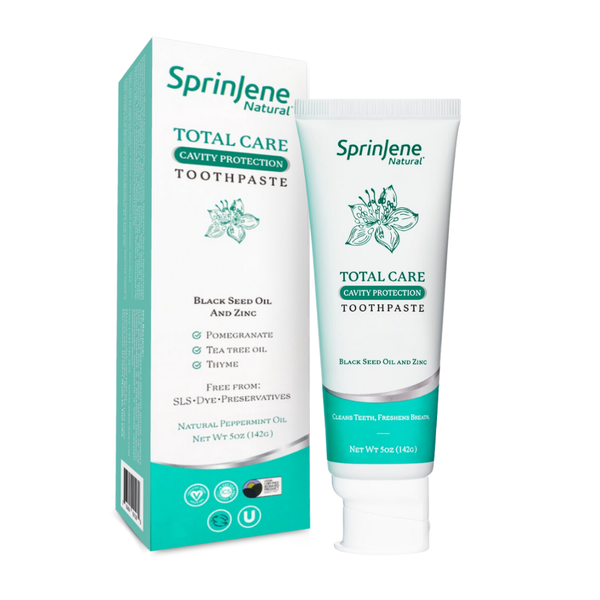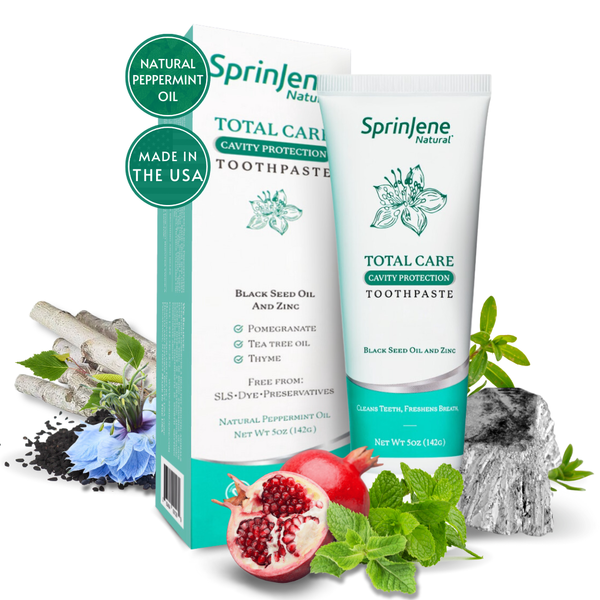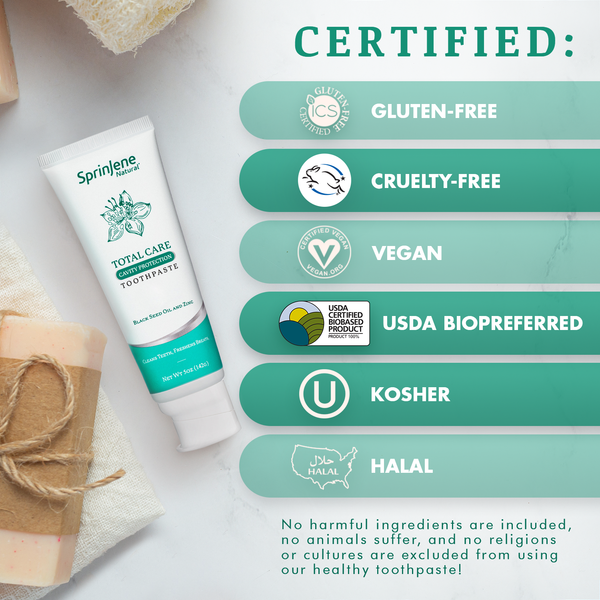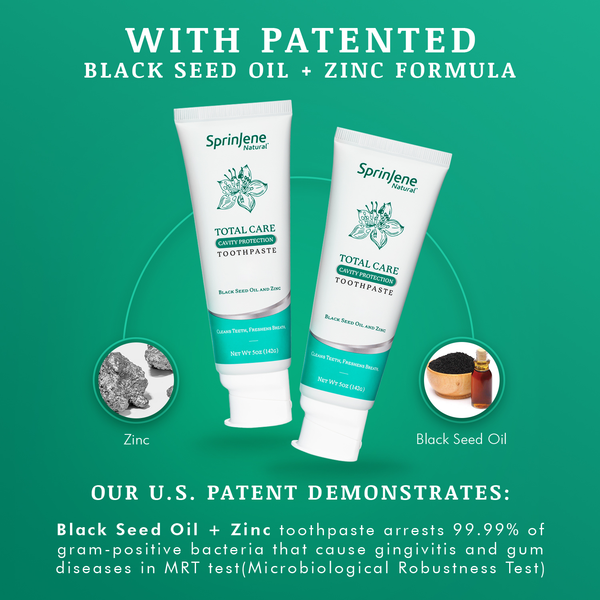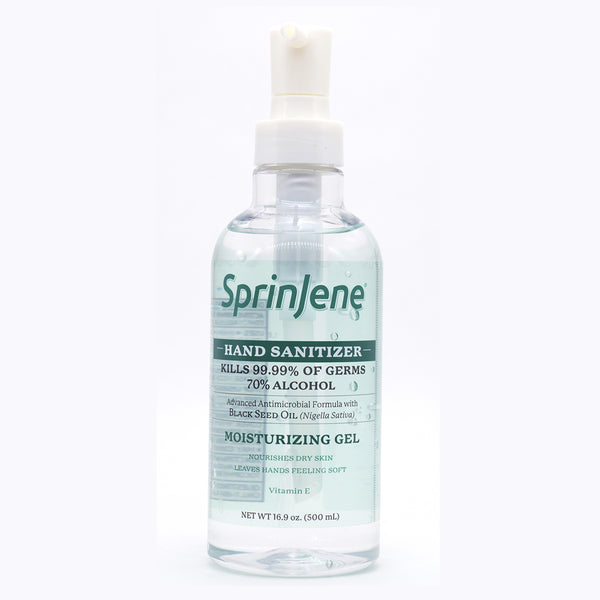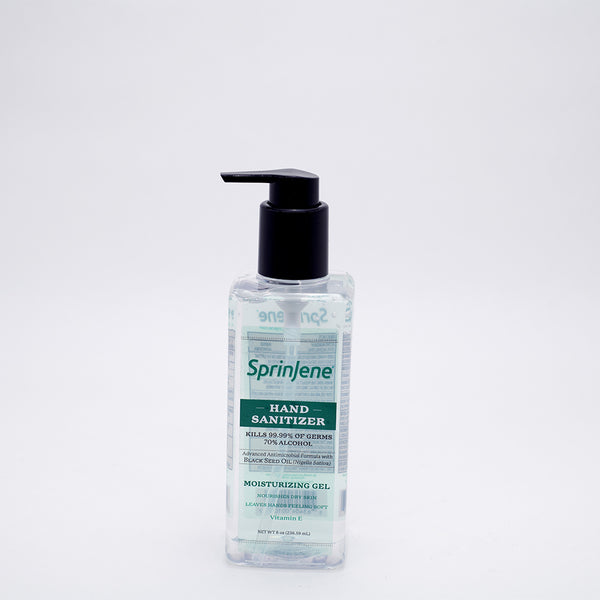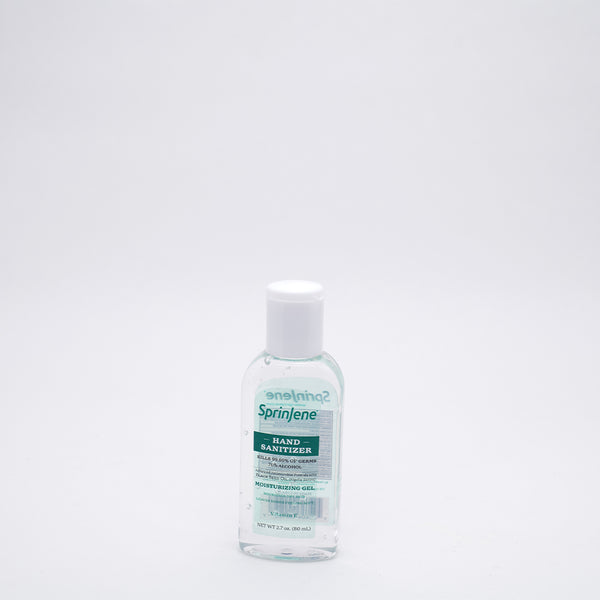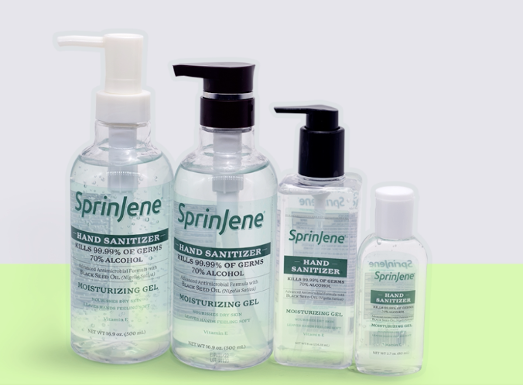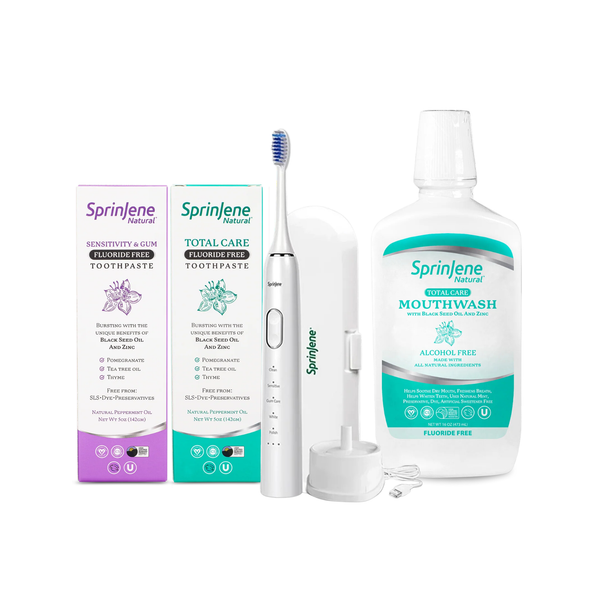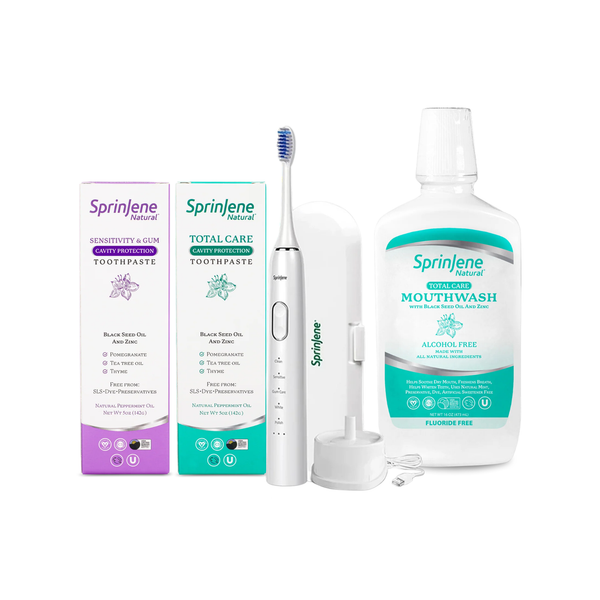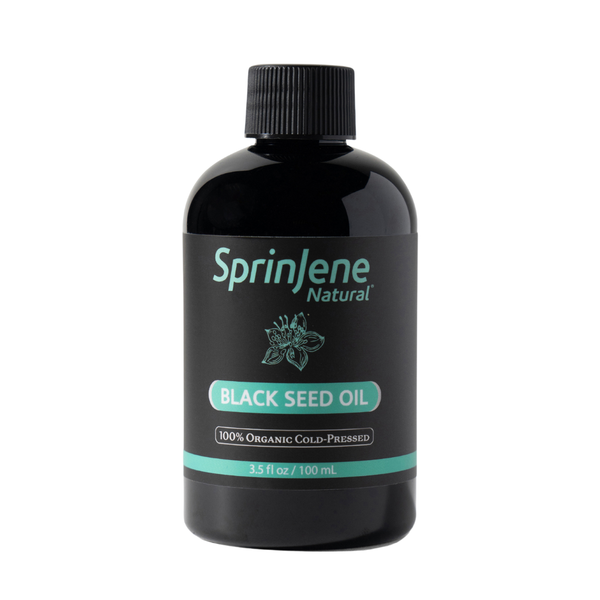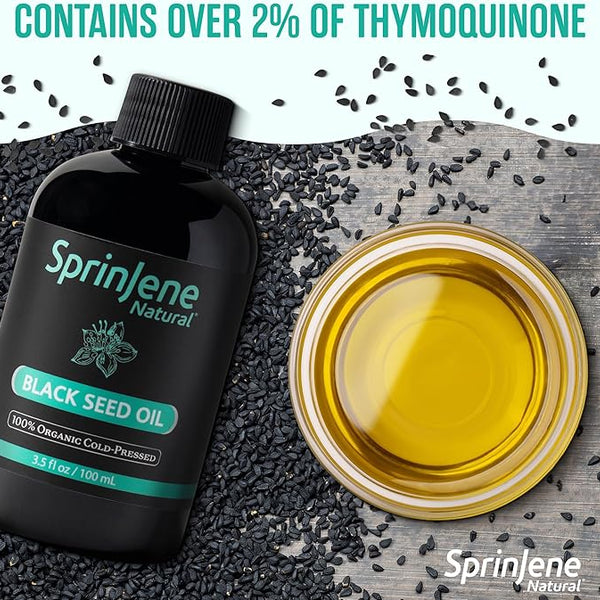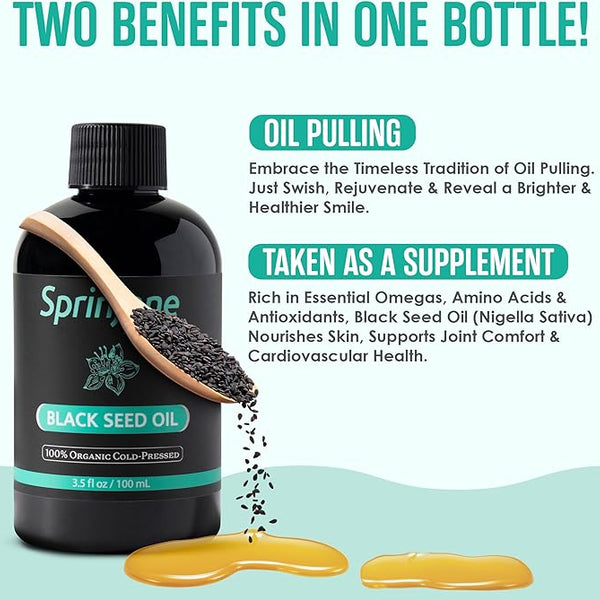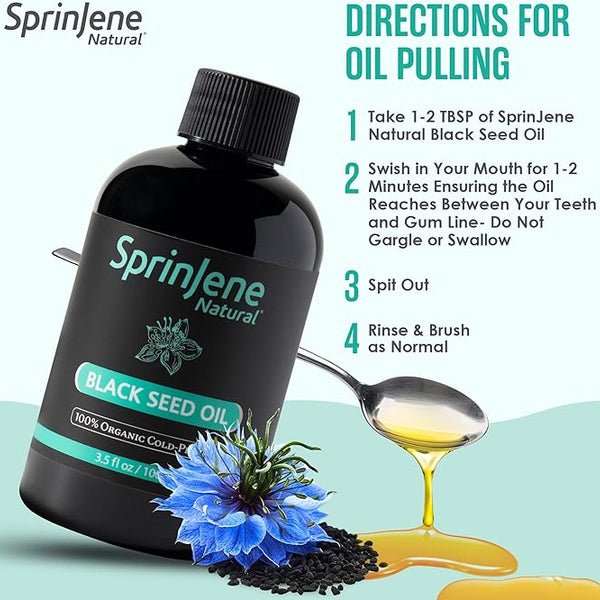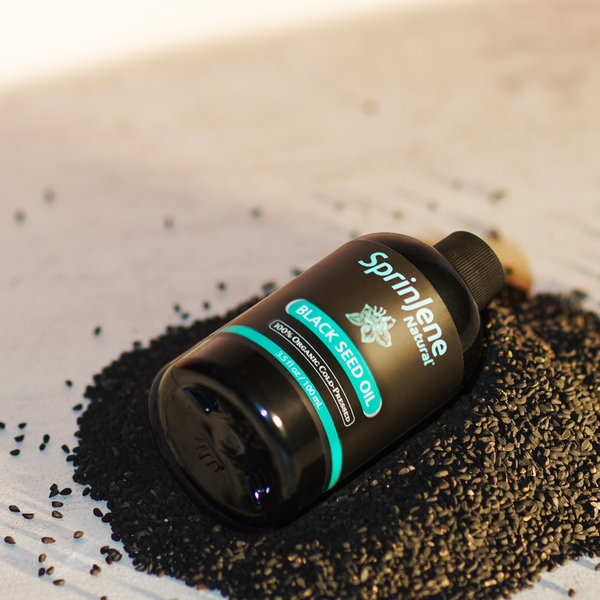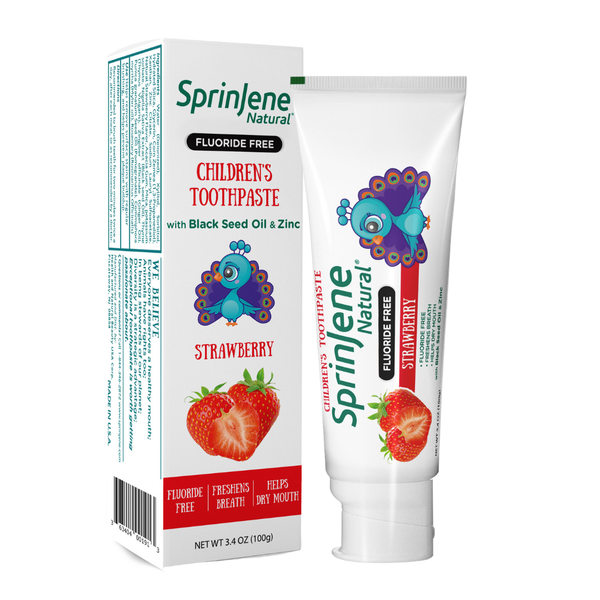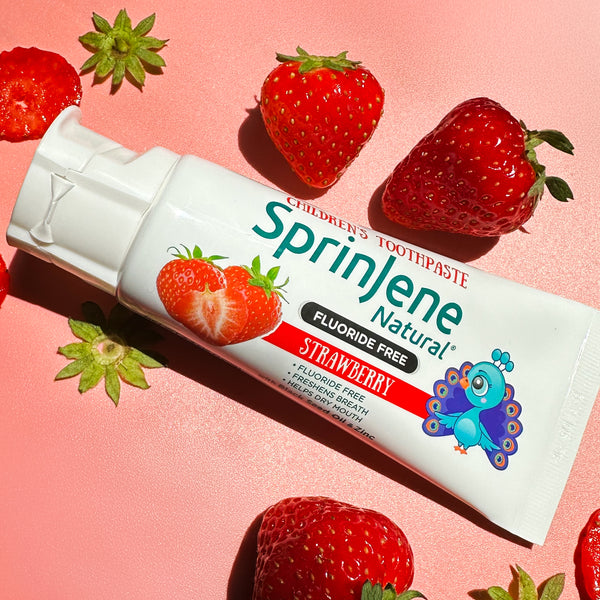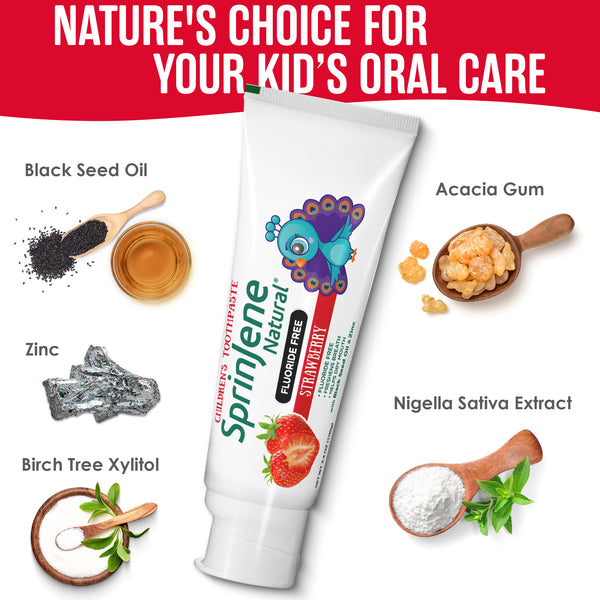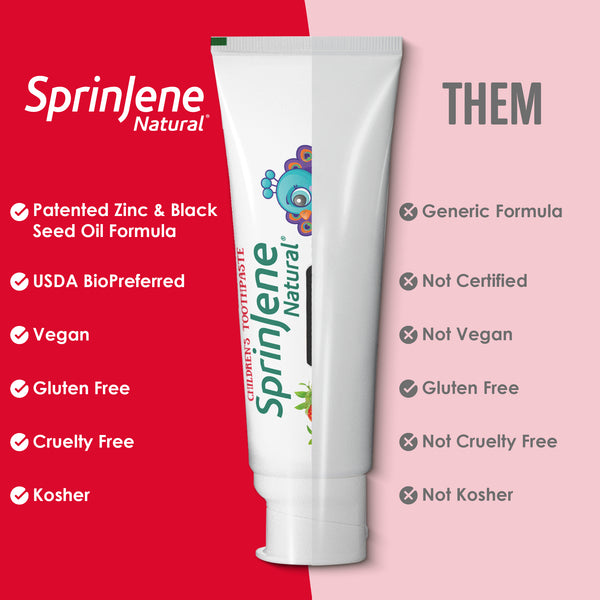
Some people don’t react too well after ingesting gluten products. These include breads, pasta, cookies and basically anything that contains wheat. They may experience bloating, constipation, diarrhea, vomiting, stomach cramps or even anaphylaxis depending on the severity of their intolerance.
There are three conditions that make it difficult for the sufferer to consume gluten:
- Celiac disease
- Gluten intolerance
- Wheat allergy
Celiac disease:
Celiac disease is an autoimmune disorder that causes genetically susceptible individuals to respond negatively to gluten, a protein found in wheat, barley, and rye. Over time, as gluten triggers immune responses, the small intestine’s lining becomes damaged. Without appropriate treatment and diagnosis, it is likely that individuals with celiac disease will suffer from malabsorption, in which the small intestine loses the ability to absorb nutrients into the bloodstream.
Symptoms of Celiac Disease:
There are many common signs of celiac disease that are directly related to the body’s inability to properly digest food. These include:
- Diarrhea
- Weight loss
- Bloating and gas
- Abdominal pains
- Constipation
- Vomiting
There are also other signs that aren’t always associated with celiac disease since they are not directly related to the digestive system. The other symptoms of celiac disease can include:
- Itchy skin
- Headaches and fatigue
- Bone and joint pain
- Acid reflux and heartburn
- Mouth ulcers
- Seizures
Celiac disease is a serious disorder and must not be ignored. Once diagnosed with celiac disease, the most effective way to manage the symptoms is to completely cut gluten from your diet.
Gluten Intolerance:
Gluten intolerance, also known as non-celiac gluten sensitivity, has similar symptoms to celiac disease. Although both conditions cause the body to react negatively to gluten, the two types of responses do not have the same longevity or consequence. When a celiac patient ingests gluten, his or her immune system attacks its own body’s tissue. Whereas, if a person is gluten intolerant, the consumption of gluten will cause short-term bloating and stomach cramps. Unlike celiac disease, gluten intolerance doesn’t usually cause long-term harm to the body.
Symptoms of Gluten Intolerance:
There are many symptoms of gluten intolerance, most of which are gastrointestinal symptoms. Here are some common signs of gluten intolerance:
- Diarrhea
- Fatigue
- Bloating
- Stomach ache
- Nausea
- Gas
- Constipation
Like celiac disease, there are other signs that may not commonly be associated with gluten intolerance. These symptoms include:
- More severe stomach cramps. This type of pain cannot be ignored and may require medical attention.
- Headache
- Joint and muscle pain
- Confusion
Wheat allergy:
Those who suffer from a wheat allergy experience a response (by the immune system) to a number of food proteins found in wheat, including gluten. However, unlike celiac disease, this immune response is most often temporary. Also, a wheat allergy does not cause ongoing harm to the small intestine unless the reaction causes anaphylaxis, the most serious type of allergic reaction. Unlike celiac disease and gluten intolerance, a wheat allergy can actually be outgrown over time.
Symptoms of Wheat Allergy:
Many of the symptoms of wheat allergies are very similar to gluten intolerance. The symptoms are also comparable to any other kind of food allergy. Symptoms of wheat allergy include:
- Stomach cramps
- Nausea and/or vomiting
- Headache
- Nasal congestion
- Skin rash
- Difficulty breathing
- Anaphylaxis
Gluten free toothpaste
Since oral products can also be ingested accidentally, there are many tooth pastes available in the market that are gluten free to make them safe to use by people suffering from gluten intolerance. Since gluten has no medical or oral benefit in toothpastes except as a thickening agent it can easily be eliminated.
Gluten free natural toothpastes offer the same cleansing effect as regular toothpaste, due in part to the same active ingredients, including xylitol, silicates and zinc. Xylitol helps prevent cavities and promotes the flow of saliva, particularly benefiting those with dry mouth. Silica helps neutralize harmful acids and helps to remove surface stains. Zinc can help with tartar control, growth of bacteria and plaque. Other ingredients in gluten free products include water, fluoride, acacia gum and natural flavorings such as green apple and mint extracts.
SprinJene natural tooth paste is gluten free and can safely be consumed by all of its users. Along with all natural ingredients it has a patented black seed oil formula that has innumerable health benefits including anti-bacterial and anti-inflammatory effects. Sprinjene natural toothpaste is Kosher and Halal and completely Cruelty free. SprinJene aims to be user friendly for all of its customers keeping in mind their religious and health concerns.
Being an all-natural toothpaste that is completely safe and chemical free, at the same time showing the same results as commercially available toothpaste SprinJene is an obvious choice for everyday use for ourselves and our families!
References
- https://www.closingthegap.ca/blog/the-difference-between-celiac-disease-gluten-intolerance-and-wheat-allergy/
- Medically reviewed by Natalie Butler, R.D., L.D.— Written by Yvette Brazier on January 28, 2020
- Catassi C, Elli L, Bonaz B, et al. : Diagnosis of Non-Celiac Gluten Sensitivity (NCGS): The Salerno Experts' Criteria. 2015;7(6):4966–77. 10.3390/nu7064966 [PMC free article] [PubMed] [CrossRef] [Google Scholar] F1000 Recommendation
- van Gils T, Nijeboer P, IJssennagger CE, et al. : Prevalence and Characterization of Self-Reported Gluten Sensitivity in The Netherlands. 2016;8(11): pii: E714. 10.3390/nu8110714 [PMC free article] [PubMed] [CrossRef] [Google Scholar] F1000 Recommendation
- Cabrera-Chávez F, Dezar GV, Islas-Zamorano AP, et al. : Prevalence of Self-Reported Gluten Sensitivity and Adherence to a Gluten-Free Diet in Argentinian Adult Population. 2017;9(1): pii: E81. 10.3390/nu9010081 [PMC free article] [PubMed] [CrossRef] [Google Scholar] F1000 Recommendation
- https://sprinjene.com/pages/ingredients




